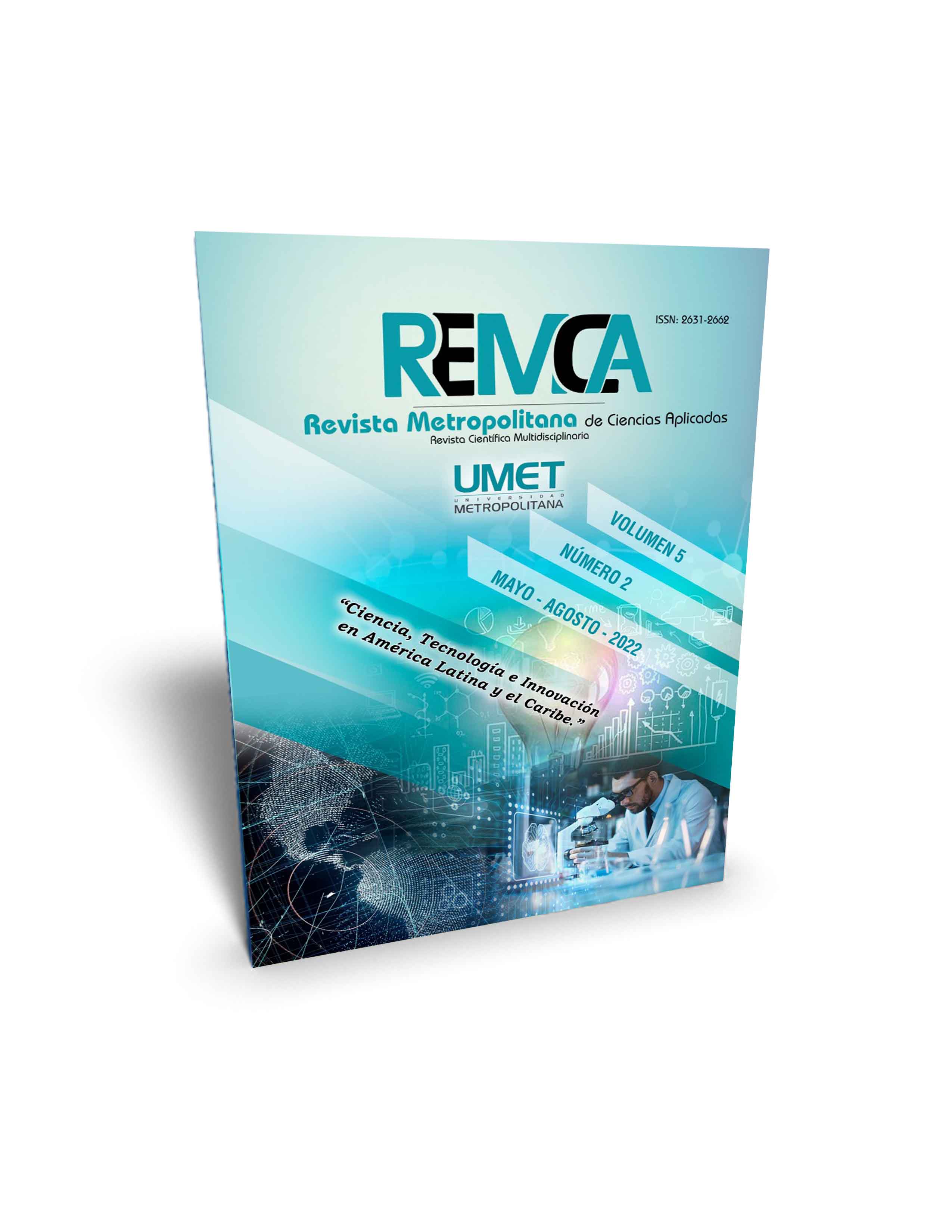Comparative analysis of evaluation models of universities in Latin America
DOI:
https://doi.org/10.62452/jmkgyq84Keywords:
Processes, management, quality, evaluation, cooperation, transparency, dimensionsAbstract
There are processes that have been developed in Latin America to improve the quality of higher education. There have been qualitative and quantitative models, which at the beginning have served as a basis for processing the information generated by higher education institutions, factors that have helped to improve the generation of continuous improvement processes, control, and evaluation of the level of university quality, a means for accountability, among others. In the present study, it was observed that the dimensions used by the different higher education systems are the same to be evaluated, that is, they are based on the substantive elements of higher education: teaching, research, social interaction, institutional management. In addition, they use self-assessment as a diagnostic tool, peer assessment for the development of external assessment, and computer systems for information gathering and processing.
Downloads
References
Barra, A. M. (2019). La Importancia de la Productividad Científica en la Acreditación Institucional de Universidades Chilenas. Formación Universitaria, 12(3), 101–110.
Buendía, A. (2011). Evaluación y acreditación de programas en México. Más allá de los juegos discursivos. Diálogos Sobre Educación, 2(3).
Dias Sobrinho, J. (2007). Evaluación de la Educación Superior en Brasil: políticas y prácticas. Revista Complutense de Educación, 18(2), 29 - 44.
Ecuador. Consejo de Aseguramiento de la Calidad de la Educación Superior. (2003). Guía de Autoevaluación con fines de Acreditación para las Universidades y Escuelas Politécnicas del Ecuador. CACES.
Ecuador. Consejo de Aseguramiento de la Calidad de la Educación Superior. (2019). Modelo de Evaluación Externa de Universidades y Escuelas Politécnicas. CACES.
España. Agencia Nacional de Evaluación de la Calidad y Acreditación. (2018). Informe sobre el estado de la evaluación externa de la calidad en las universidades españolas. ANECA. http://www.aneca.es/content/download/15131/186640/file/ICU_2018_final.pdf
González, J. (2011). Análisis Estructural Integrativo de Organizaciones Universitarias. https://docplayer.es/85398350-Modelo-v-analisis-estructural-integrativo-de-organizaciones-universitarias-aeiou.html
Gregorutti, G. J., & Bon, M. V. (2013). Acreditación de la universidad privada ¿Es un sinónimo de calidad? Revista Iberoamericana sobre Calidad, Eficacia y Cambio en Educación, 11(1), 122–137.
Hascher, T., & Waber, J. (2021). Teacher well-being: A systematic review of the research literature from the year 2000–2019. Educational Research Review, 34.
Horruitiner Silva, P. (2007). El modelo de acreditación de carreras de la educación superior cubana. Revista de La Educación Superior, 36(144), 121–132.
O’Farrell, L., Hassan, S., & Hoole, C. (2022). The university as a Just anchor: Universities, anchor networks and participatory research. Studies in Higher Education, 47(4), 1–12.
Organización de las Naciones Unidas para la Educación, la Ciencia y la Cultura. (2018). Declaración Final. III Conferencia Regional de Educación Superior en América Latina y el Caribe. IESALC – UNESCO. https://www.iesalc.unesco.org/wp-content/uploads/2020/08/Declaracion2018PortFinal.pdf
Sevillano, S. (2017). El sistema de acreditación universitaria en el Perú: marco legal y experiencias recientes. Revista de Educación y Derecho, 15.
Sotiriadou, P., Logan, D., Daly, A., & Guest, R. (2019). The role of authentic assessment to preserve academic integrity and promote skill development and employability. Studies in Higher Education, 45(11), 2132–2148.
Trott, C. D., Sample McMeeking, L. B., & Weinberg, A. E. (2019). Participatory action research experiences for undergraduates: Forging critical connections through community engagement. Studies in Higher Education, 45(11), 2260–2273.
Varelo, A. R. (2003). Hacia un modelo de aseguramiento de la calidad en la educación superior en Colombia: estándares básicos y acreditación de excelencia. Educación superior, calidad y acreditación. CNA. Alfa Omega Colombiana.
Downloads
Published
Issue
Section
License
Copyright (c) 2022 Vladimir Sancho Zurita, Ximena Crespo Nuñez (Autor/a)

This work is licensed under a Creative Commons Attribution-NonCommercial-ShareAlike 4.0 International License.
Authors who publish in Revista Metropolitana de Ciencias Aplicadas (REMCA), agree to the following terms:
1. Copyright
Authors retain unrestricted copyright to their work. Authors grant the journal the right of first publication. To this end, they assign the journal non-exclusive exploitation rights (reproduction, distribution, public communication, and transformation). Authors may enter into additional agreements for the non-exclusive distribution of the version of the work published in the journal, provided that acknowledgment of its initial publication in this journal is given.
© The authors.
2. License
The articles are published in the journal under the Creative Commons Attribution-NonCommercial-ShareAlike 4.0 International License (CC BY-NC-SA 4.0). The terms can be found at: https://creativecommons.org/licenses/by-nc-sa/4.0/deed.en
This license allows:
- Sharing: Copying and redistributing the material in any medium or format.
- Adapting: Remixing, transforming, and building upon the material.
Under the following terms:
- Attribution: You must give appropriate credit, provide a link to the license, and indicate if any changes were made. You may do this in any reasonable manner, but not in any way that suggests the licensor endorses or sponsors your use.
- NonCommercial: You may not use the material for commercial purposes.
- ShareAlike: If you remix, transform, or build upon the material, you must distribute your creation under the same license as the original work.
There are no additional restrictions. You may not apply legal terms or technological measures that legally restrict others from doing anything the license permits.




